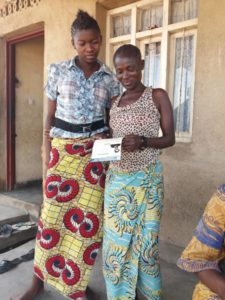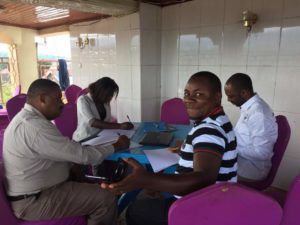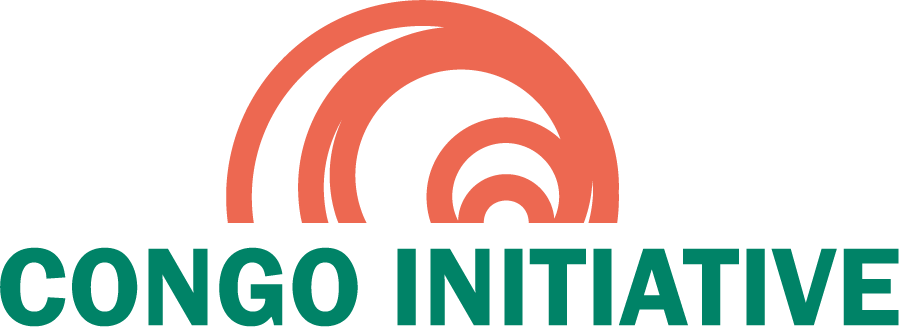“The population is so traumatized that everything for them is viewed through the lens of distrust of authority, physical insecurity, and the inability of the world to protect them. These viruses manage to exploit social vulnerabilities and fault lines. That’s what we’re seeing in this Ebola outbreak starkly.”
Peter Salama, head of the World Health Organization’s Health Emergencies Program, points out a troublesome reality experienced by people of eastern Congo. Decades of conflict, systemic poverty, corruption, sexual violence, and exploitation of resources at the hands of internal and external actors provides little confidence that the world, or the country’s own leaders, are concerned about the suffering endured by the people.

But, in Beni, Congo Initiative programs like Bethesda Counseling Center continue to serve those most impacted by violence and the devastating Ebola virus, attending to their psychological and emotional needs often ignored. There is a growing recognition of the profound need for a Christ-centered understanding and intervention to help people (and health care providers) deal with the psychological, spiritual, physical, and social dynamics around grief and trauma.
Bethesda counselors not only provide services at the Center, they conduct outreach, going door-to-door to educate the population on coping with stress and trauma, particularly families impacted by the virus or displaced from the violence. They also facilitate trainings and visit healthcare workers who confront the fear of possible contraction and witness first-hand the toll and sometimes death caused by Ebola.
But, when so much mistrust and misinformation prevents some organizations from reaching certain communities, why do the people trust Bethesda’s staff? Why are people, as well as, international organizations reaching out to the Center for support and help?
“UCBC,” Noé Kasali, Director of Bethesda Counseling Center explains. “When people see our Bethesda team, they don’t have a problem welcoming them into their home because they know we are connected to UCBC and Congo Initiative.”
The reality is Congo Initiative and its main institution, UCBC, is a community that has built trust with the people of Beni. This is one reason local and international organizations responding to Ebola have reached out to programs like Bethesda to assist with the response efforts and why others are happy to hire UCBC alumni. Students, formed and supported by a transformational community, become alumni that go out into their communities to make a difference in the lives of others. This is how UCBC is known and why its presence is so significant, particularly in the face of the current crisis.

“We now have three UCBC alumni on staff at Bethesda Counseling Center,” explained Noé. “UCBC is a well-reputable school. People know who we are and expect us to care and serve them well.”
Alumni are not only serving through CI programs like Bethesda, but many have joined national and international organizations like DR Congo’s Health Ministry and the World Health to help fight Ebola. Their commitment to living out their faith and telling another story in Congo, inspires and breaks down barriers for those they serve.


Leave a Reply